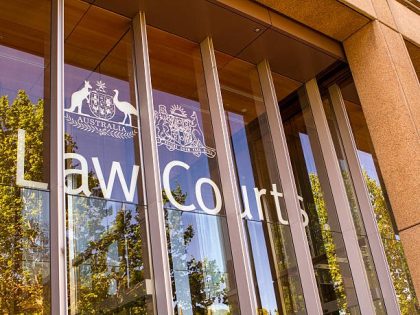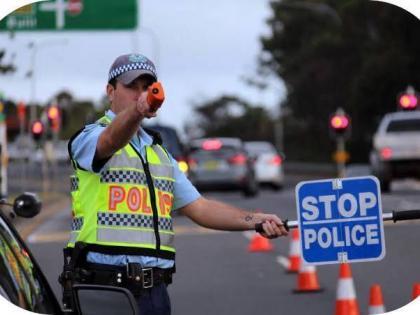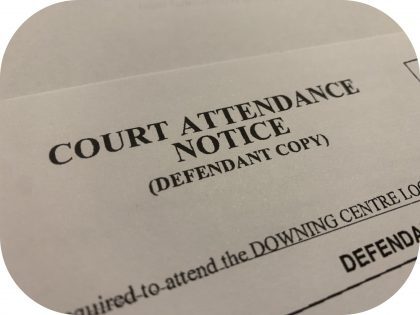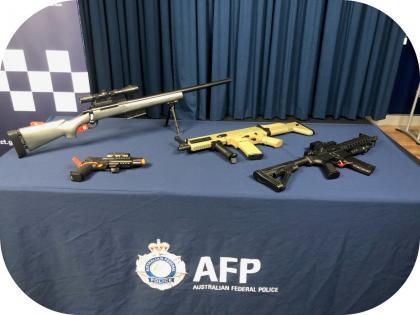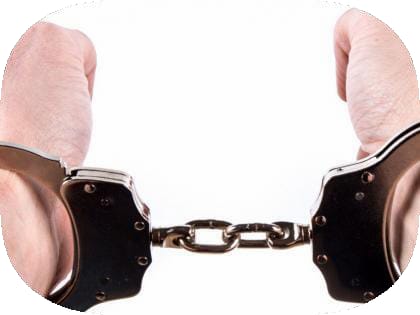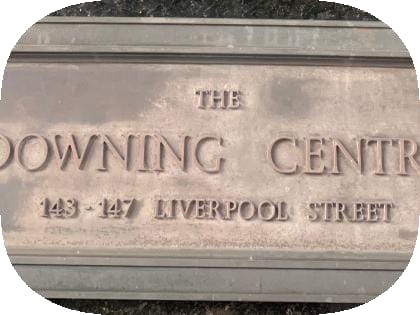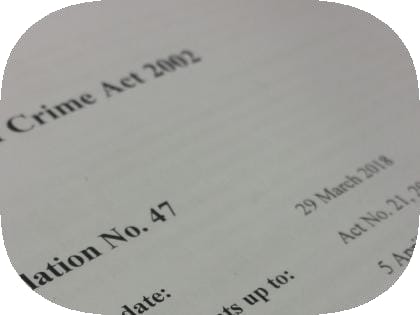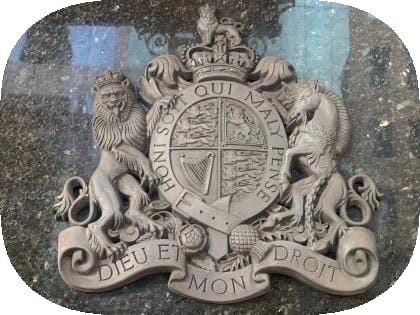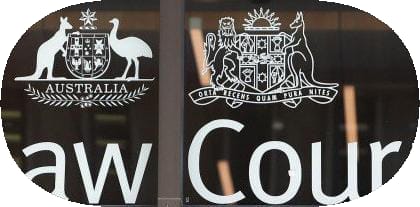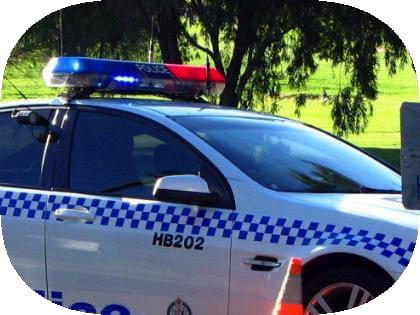Proceeds of Crime Search Warrants
0 CommentsProceeds of Crime Search Warrants
POCA Search Warrants are substantially similar to standard Federal level search warrants contained in the Crimes Act 1914 (Cth).[1]
A POCA Search Warrant is a Magistrate issued search warrant, which is issued if the Magistrate is satisfied that there are reasonable grounds for suspecting that there is at the premises, or will be within the next 72 hours, tainted property or evidential material.
Tainted property broadly is proceeds of an indictable offence or an instrument of an indictable offence.[2]
Evidential material broadly means evidence relating to property which has been or could be subject to action under POCA, or evidence relating to benefits derived from the commission of an indictable offence.
A POCA Search Warrant can authorise an AFP Member to:
- enter a premises or conveyance;[3]
- search and record fingerprints;[4]
- take samples of things for forensic purposes;[5]
- seize the kinds of tainted property and evidential material specified in the warrant, found at the premises;[6]
- seize evidential material[7] relating to an indictable offence if the AFP Member believes on reasonable grounds that seizure of the things is necessary to prevent their concealment, loss or destruction or their use in committing an offence;[8]
- If the warrant allows, to conduct an ordinary search or a frisk search of a person at or near the premises if the AFP Member suspects on reasonable grounds that the person has any tainted property or evidential material in their possession.[9]
A POCA Search Warrant can also authorise an AFP Member to seize things that the AFP Member believes on reasonable grounds to be things relevant to unexplained wealth proceedings.[10] This express entitlement of a POCA Search Warrant is not found in the general S 3E Crimes Act 1914 (Cth) search warrants.
Thing[s] relevant to unexplained wealth proceedings[11] is defined as a thing as to which there are reasonable grounds for suspecting that it may be relevant for the purposes of initiating or conducting proceedings under s 20A or Part 2-6 POCA.
As a general section 3E Crimes Act 1914 (Cth) Search Warrant is similar to a POCA Search Warrant and also allows for the seizure of evidential material or tainted property for POCA, there is not much difference or utility in opting for a POCA Search Warrant as opposed to a section 3E Crimes Act 1914 (Cth) Search Warrant. The one exception to this may be where it is envisaged that unexplained wealth proceedings may take place. In this instance, a POCA Search Warrant may provide more utility due to its express reference to a power to seize things relevant to unexplained wealth proceedings.
To date though, as unexplained wealth proceedings are more resource intensive, more ambiguous and relatively new, very few unexplained wealth proceedings have taken place.[12]
[1] S 3E Crimes Act 1914 (Cth).
[2] S 338 Proceeds of Crime Act 2002 (Cth).
[3] S 228(1)(a) Proceeds of Crime Act 2002 (Cth).
[4] S 228(1)(b) Proceeds of Crime Act 2002 (Cth).
[5] S 228(1)(b) Proceeds of Crime Act 2002 (Cth).
[6] S 228(1)(c) Proceeds of Crime Act 2002 (Cth).
[7] Within the meaning of the Crimes Act 1914 (Cth).
[8] S 228(1)(d)(iii) Proceeds of Crime Act 2002 (Cth).
[9] S 228(1)(e) Proceeds of Crime Act 2002 (Cth).
[10] S 228(1)(da) Proceeds of Crime Act 2002 (Cth).
[11] S 338 Proceeds of Crime Act 2002 (Cth).
[12] AFP Annual Report 2016-17, Page 203: For Financial Year 2017, there are two matters being investigated for the purposes of Part 2-6 POCA, and there has been two applications for restraining orders under section 20A and two preliminary unexplained wealth orders.
About Post Author
* Information contained in this article is of a general nature only and should not be relied upon as concise legal advice.
Please contact for legal advice tailored to your situation. *



![Case review: R v Mauger [2012] NSWCCA 51](https://walkercriminallawyer.com.au/wp-content/uploads/2024/10/conviction-1-420x269.webp)


